Pat Naylor died on the 6th of November 2021. He was 88 years old. I doubt any of you know who Pat Naylor was, however, he was one of us, a photographer. He was also my uncle and more importantly, in the early days of my photographic career, my mentor.
Today, in a slightly more personal article than normal, I want to share a few memories of Pat, but also talk about how important a mentor is to the development of your photography.
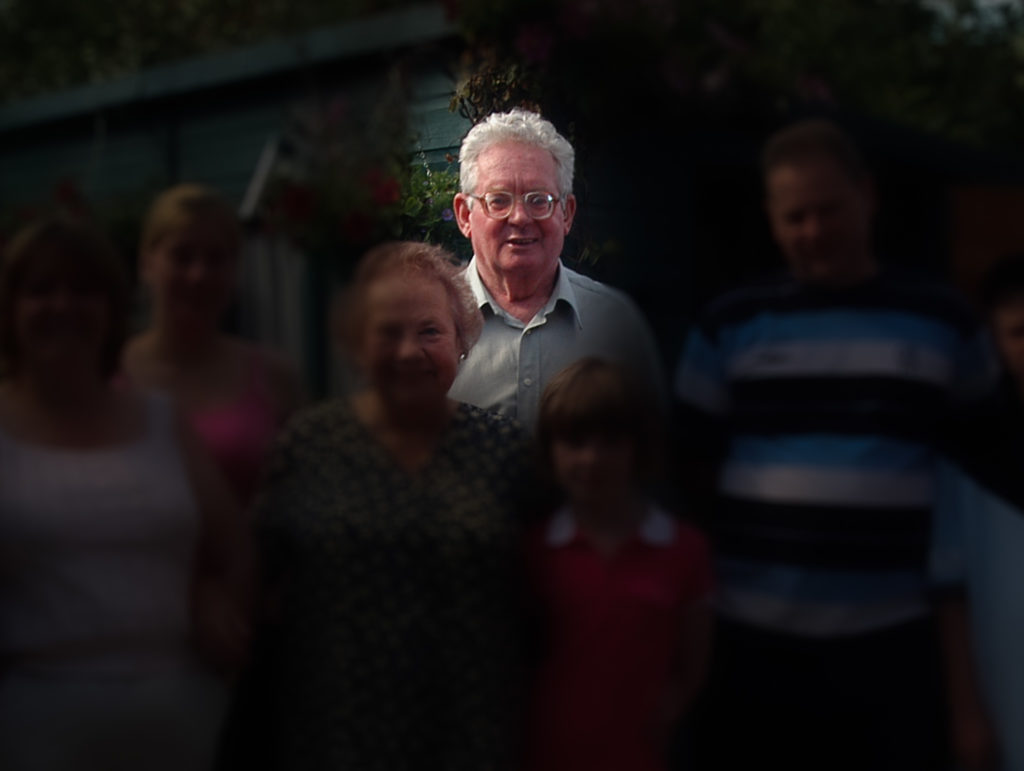
Pat Naylor The Photographer
I knew nothing about photography when I bought my first camera. It was a Zenit 11 and I was exactly 16 years old. I knew my uncle was a very keen photographer, he often showed us beautiful black and white prints when we visited. I remember being captivated by the detail and the texture in those prints. I also had no idea how Pat had achieved it.
When he found out that I had bought a camera, he took me under his wing and took me to various places just to shoot.
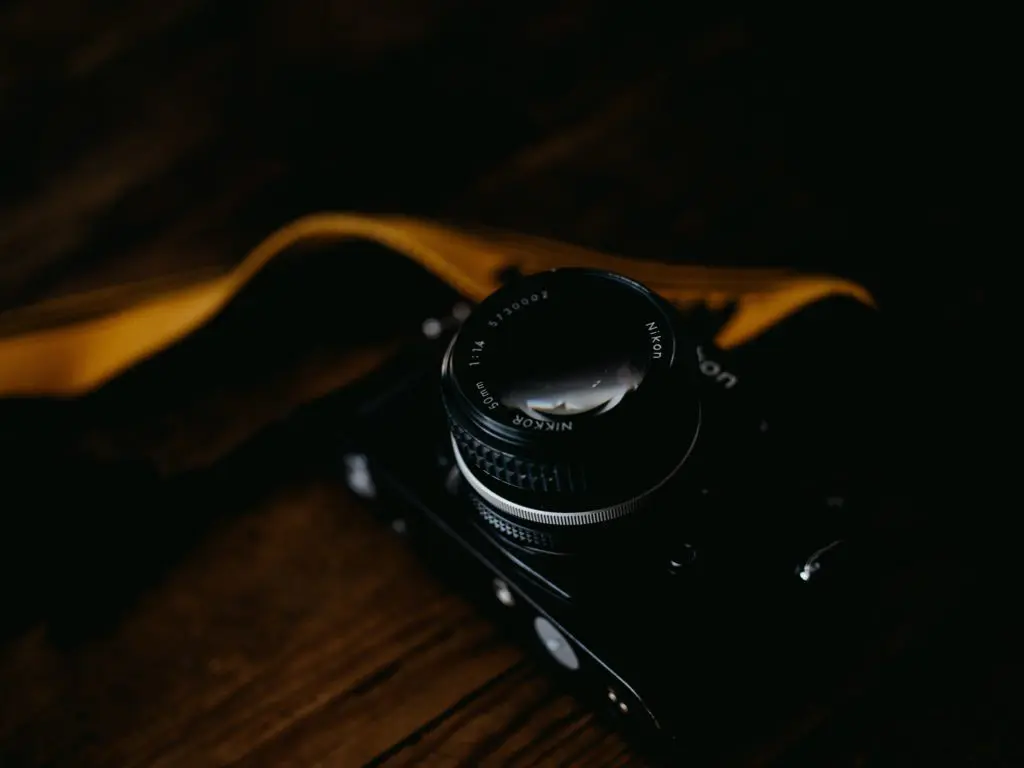
I learned so much simply by watching Pat. He was a meticulous photographer who took his time over every shot. The two cameras I remember him using were, as memory serves me, a Nikon FA. This was a beautiful-looking film camera that I was in awe of. His other camera I was even more in awe of, a beautiful Hasselblad 500C. Even in the early 1980s, camera crime was an issue. Pat would carry his Hasselblad around in a supermarket carrier bag in order to avoid attracting attention to it.
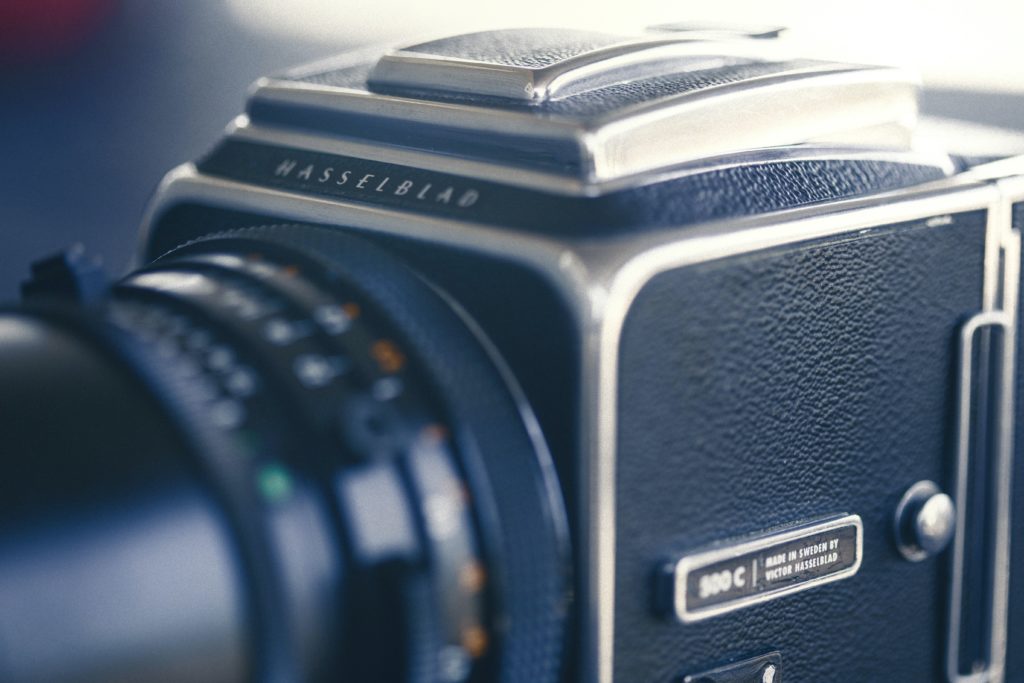
He shot pretty much everything handheld, including when using his Hasselblad. That he managed to get his images so sharp and so detailed, still amazes me to this day. He used to meter for the Hasselblad using a beautiful Weston Euromaster V light meter. He would spend time showing me how to read the light, line up the dials and apply those settings to the camera. It gave me an invaluable understanding of the relationship between light, aperture, shutter speed, and ISO. The Euromaster was also a thing of beauty, a sublime piece of equipment that had one purpose in life, to measure light.
Pat Naylor The Mentor
As much as I enjoyed watching Pat, shoot, I equally enjoyed how he shared his experience with me, the noob with a Soviet camera. He would take me on various shoots with him. One of his particular favorites would be shooting motorsports.
Several times he took me to Brands Hatch to shoot motor racing. He told me never to stand on the straights, the cars moved too fast. Instead, stand on a tight bend and shoot them as they slow down into the bend. He also showed me that the angles of the bends were much more attractive.
He told me about the subtle art of panning, how I could convey motion in the car without freezing the background.
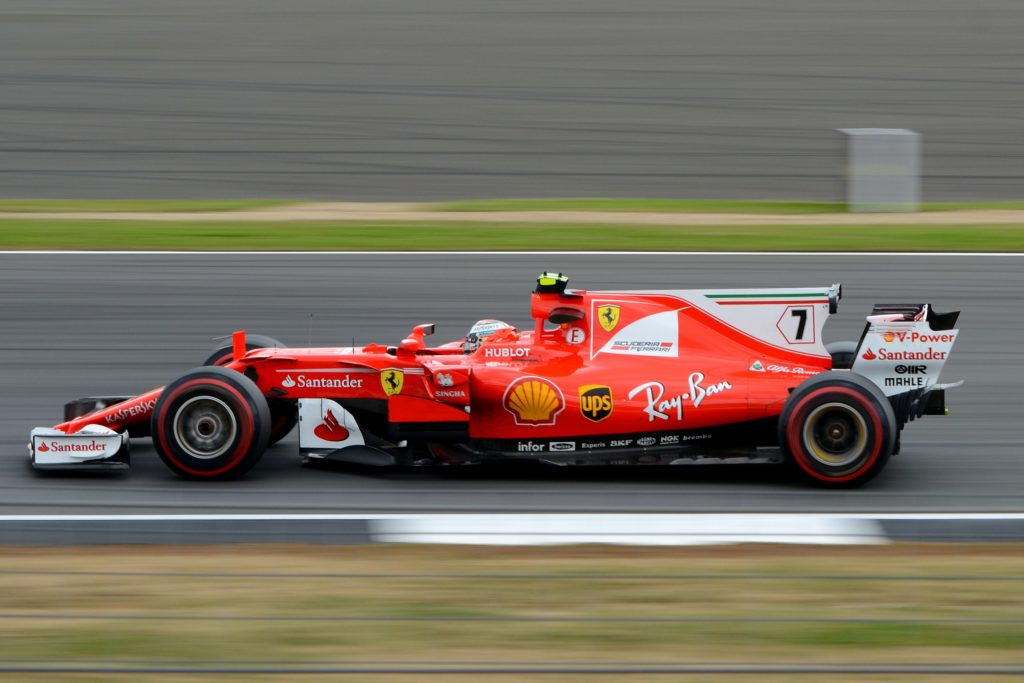
He took me to motor-cross, where I learned how to get down low and shoot the bikes in the air. He taught me to use a high shutter speed and a relatively wide lens to get into the action. But if there is one thing above all others that Pat taught me, it was patience. It was to wait for the light, wait for the shot, spend time in locations, not to fire off a shot quickly, and move on. That was perhaps the biggest lesson of all and one that I have tried to apply throughout my photographic career.
The Camera Club
It was Pat that also introduced me to the world of the camera club. If you have read my articles, before, you will know that that did not go well, it was not the most positive experience I have had in photography. The one thing that I revealed to me was the snobbery in some aspects of photography.
It was here, again that I learned a valuable lesson from Pat. He never looked down on the equipment that I used. He knew I was really just a kid with little money. He would take me to camera fairs and advice me on the best secondhand lens or flash to buy for the money I had. He taught me that a cheap camera in good hands will take a better picture than a good camera in bad hands. He also protected me from the worst excesses of camera club snobbery and taught me how to ignore the haters.
The Importance Of A Mentor
I cannot understate how influential Pat was on my photographic career. A good mentor will push your photography faster and to a higher level much more than any course or book will.
- A mentor will share with you their knowledge as and when you need it. Perhaps you are trying to shoot light trails, they might look over your shoulder and advice you to use a longer exposure time. They will know what equipment is best for you, often the opposite to what you might be thinking.
- When you are in a creative rut, or disillusioned with photography, a mentor will take you out and get you inspired again. They will show the shots they took in the week and explain how they shot them and what inspired them to shoot it. Everyone who is new to photography should look for a mentor. There will always be someone wiser, more experienced and yet so down to earth that they are happy to take you under their wings.
A Lasting Legacy
Failing eyesight meant that Pat had to give up photography in later life. Instead, he redirected his passion into model boat making. His exacting standards and never-ending patience meant his models had the same level of exquisite detail as to his photographs. It was a thrill to watch him sail these models on the local boating pond.
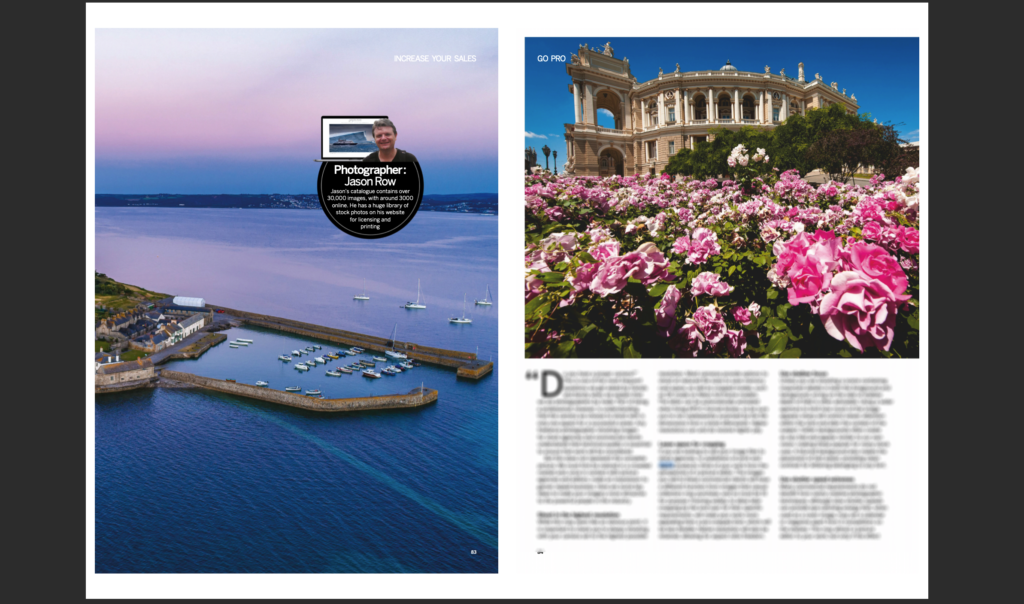
The last time I saw Pat was about two years ago. On that visit, I was able to take a copy of Digital Photographer magazine that had a six-page feature about my life as a stock photographer. That I was featured in that magazine is in no small part, down to Pat’s influence on me as a young photographer. I like to think he knew how much of an effect he had on me. Photography has been part of my life for nearly 40 years and whenever I saw him he would enjoy looking at shots that I had taken and playing with the cameras that I had brought along.
Whilst I will always have very fond memories of Pat, there is one physical thing that he has left me, that means more to me than all the equipment I have ever owned. It is that beautiful Weston light meter.

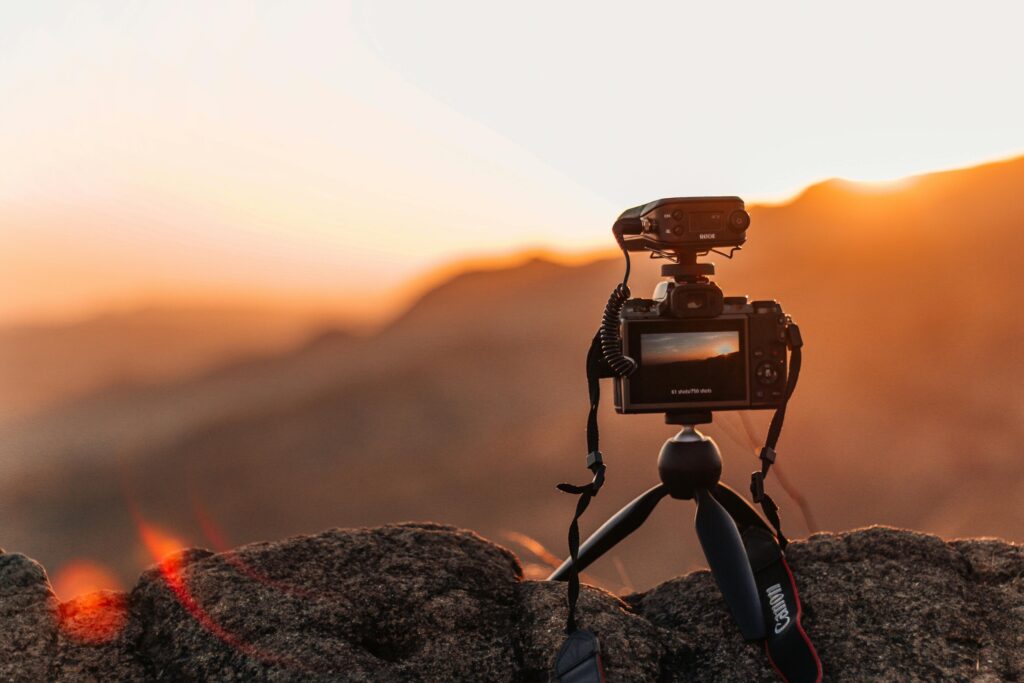
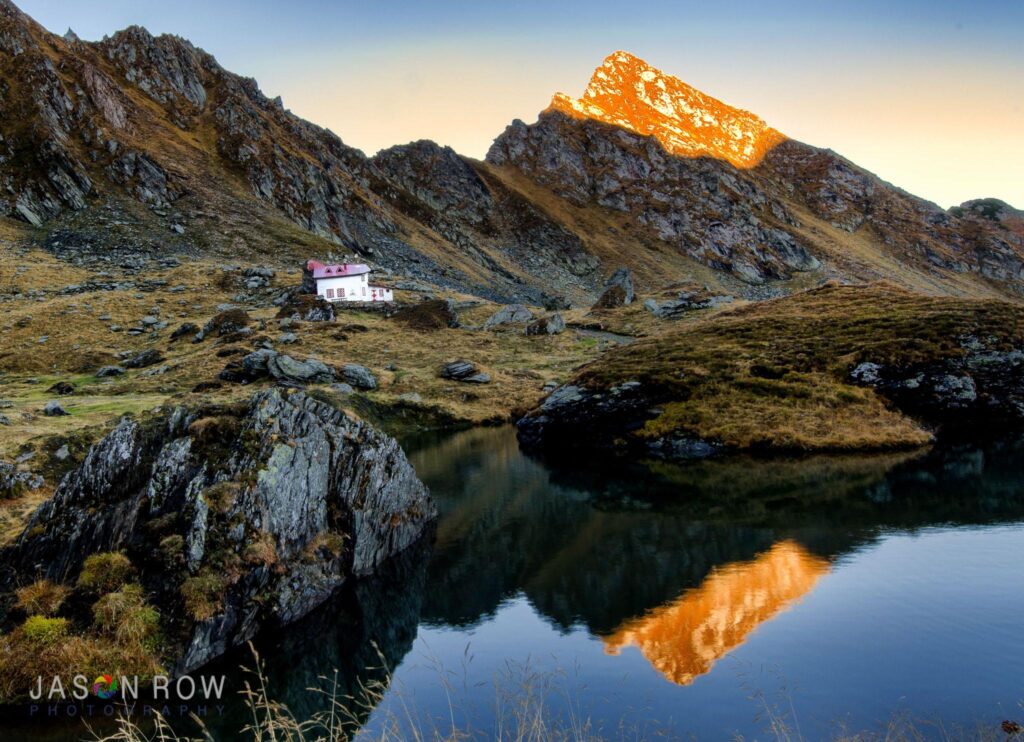
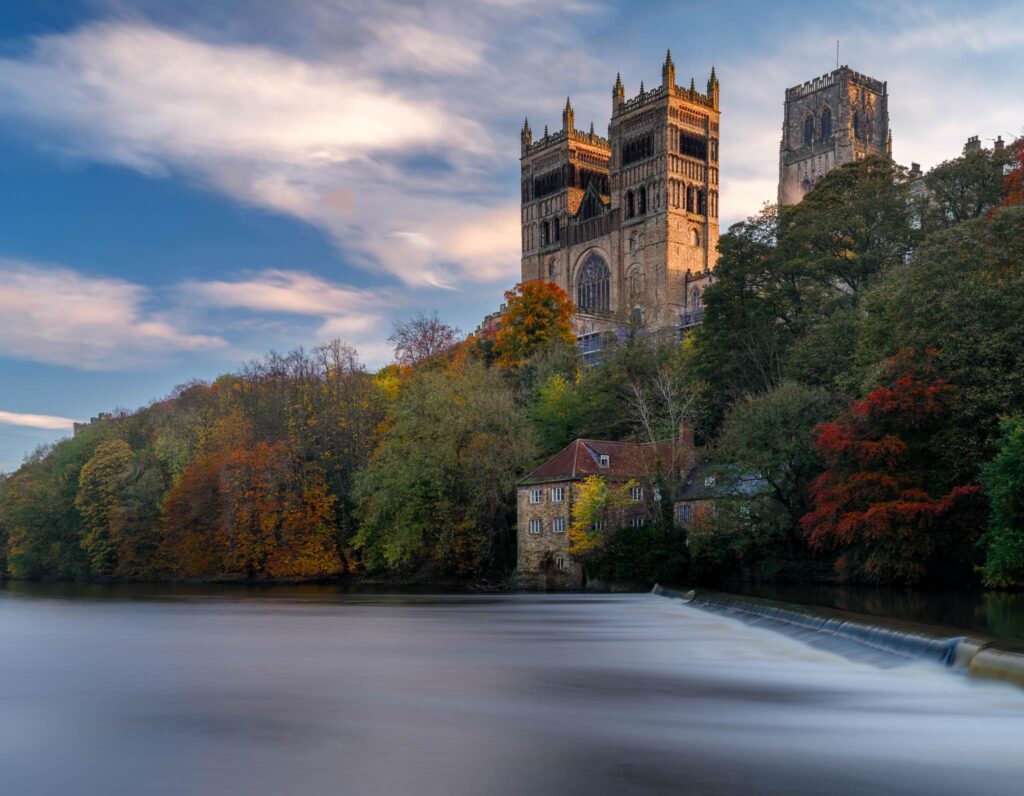

1 Comment
Great story, thanks for sharing it 🙂